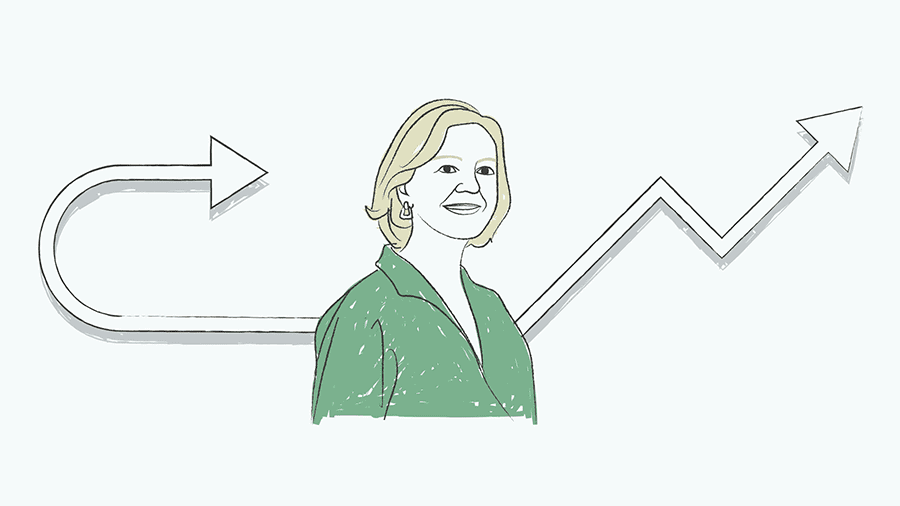
The old leader leaves in good time and on good terms, with the organisation in good stead. It doesn’t need them to survive because they developed leadership capabilities in depth throughout their time there.
The new leader is a perfect fit for the demands of the role and what the company needs to take its next step. They have time to prepare and a clear mandate from the board. Building on the achievements of their predecessor, they breathe new life into the business, bringing with them a sense of opportunity and renewal.
Needless to say, Liz Truss’s takeover from Boris Johnson does not exactly resemble this rosy picture.
Institutionally, she inherits a party riven with factional infighting that has lost the trust of many of its supporters. The country itself is in the midst of an unprecedented cost of living crisis, the situation in Ukraine hangs in the balance, the NHS needs fixing now and the electorate has little patience for slow and steady solutions.
At the same time, the UK faces a slew of long-term challenges: adrift from the EU, absent a meaningful industrial strategy and following decades of underinvestment and over-indebtedness, the economy is stagnating.
In business terms, the country desperately needs both a turnaround CEO and a growth leader – the former to get us out of our immediate crises, the latter to find a way of powering prosperity for the future.
The problem for Liz Truss is that Britain needs her to be both things at the same time.
This rarely happens, in business or anywhere else. Turnaround CEOs need a relentless focus on performance, an eye for detail, ruthless prioritisation, and the ability to make hard, unpopular decisions. Growth leaders need bold vision, big picture thinking and the ability to inspire people to create something new.
Few leaders have such wide-ranging aptitudes. Even if Truss turns out to be one of those people, it’s almost impossible to wear both hats simultaneously, both because she would lack the bandwidth and because the two objectives would regularly pull her in opposite directions.
The new PM’s best strategy is likely to take bold action against the cost-of-living crisis first, to earn herself the political capital and therefore the time to deal with the longer-term issues.
It’s still a tall order, and even then it will require a team effort. If she cannot be the hard-nosed CFO and the wide-eyed growth director, then she needs to appoint people who can be, and then crucially keep them both on the same team despite their divergent mandates.
It’s the kind of problem where a great leader can make all the difference, by making people in their war cabinet as well as in the front line believe that they’ve got the situation in hand.
It remains to be seen whether Truss will rise to this occasion, but we will know soon enough: given the circumstances of her appointment, she has even less time to prove herself than even her two short-serving predecessors.
















